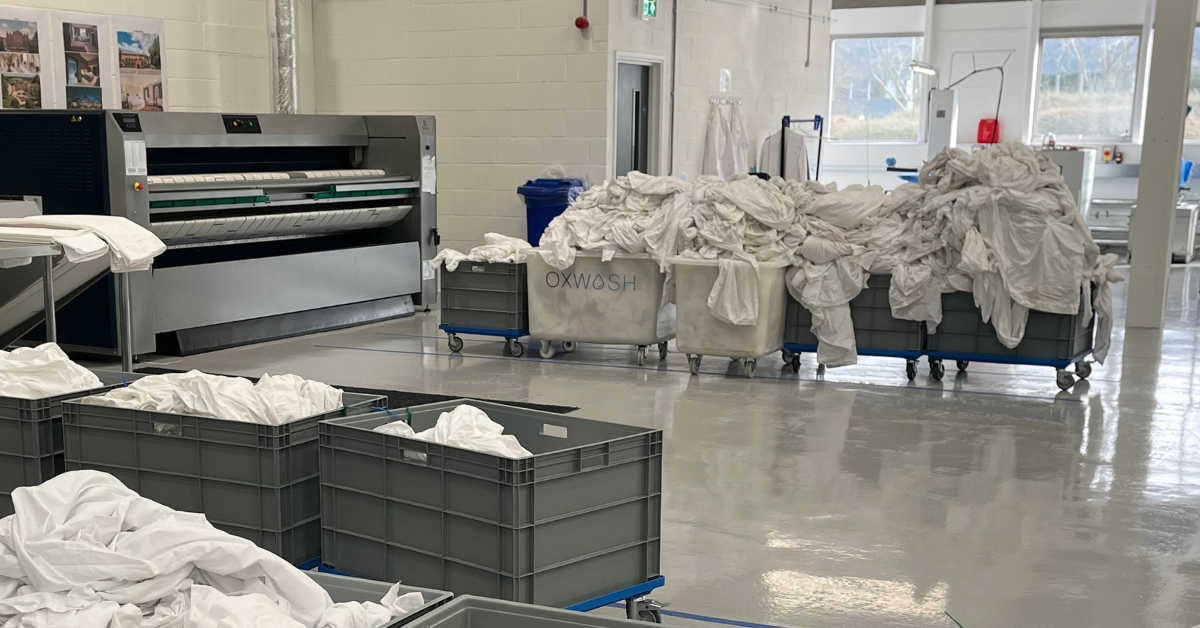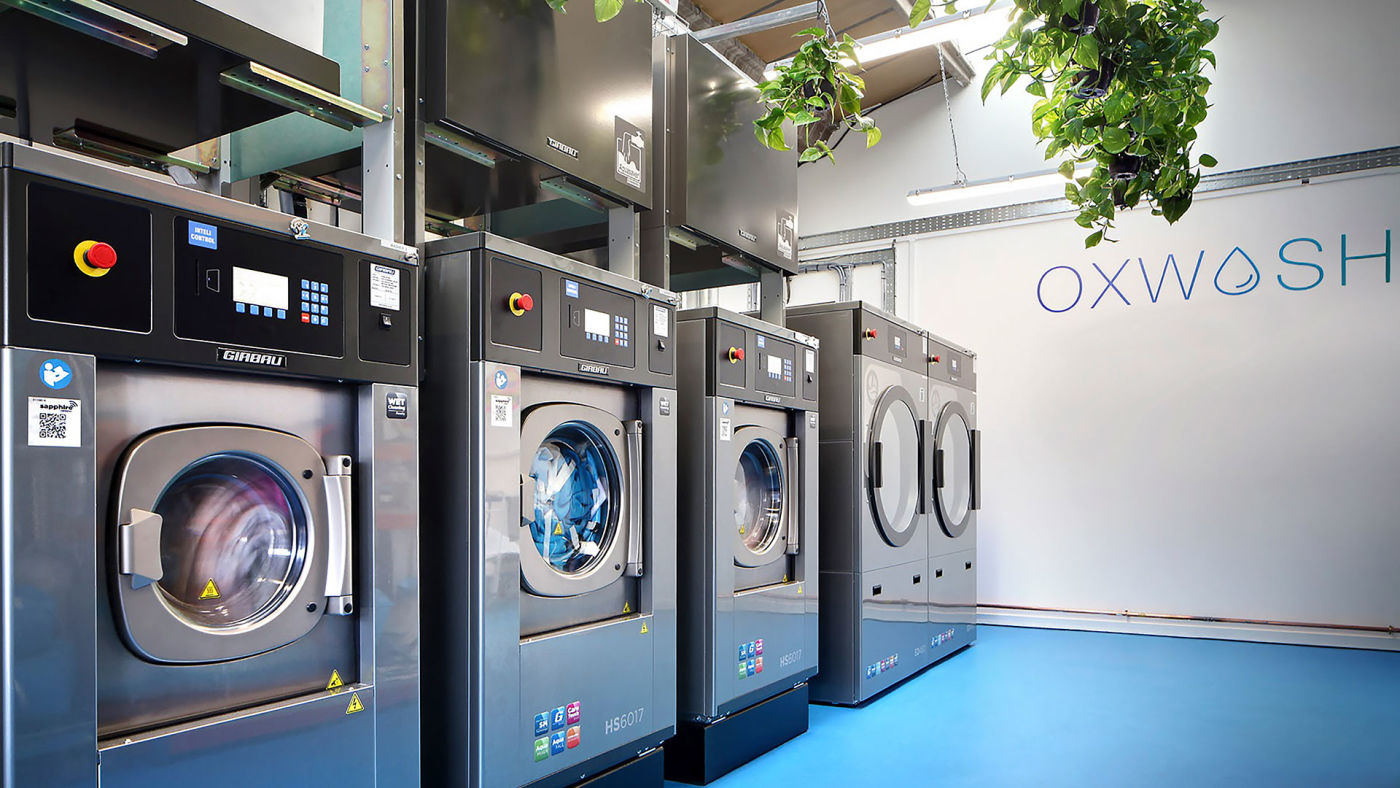How Organic Cotton Uses Less Water, with Y.O.U Underwear
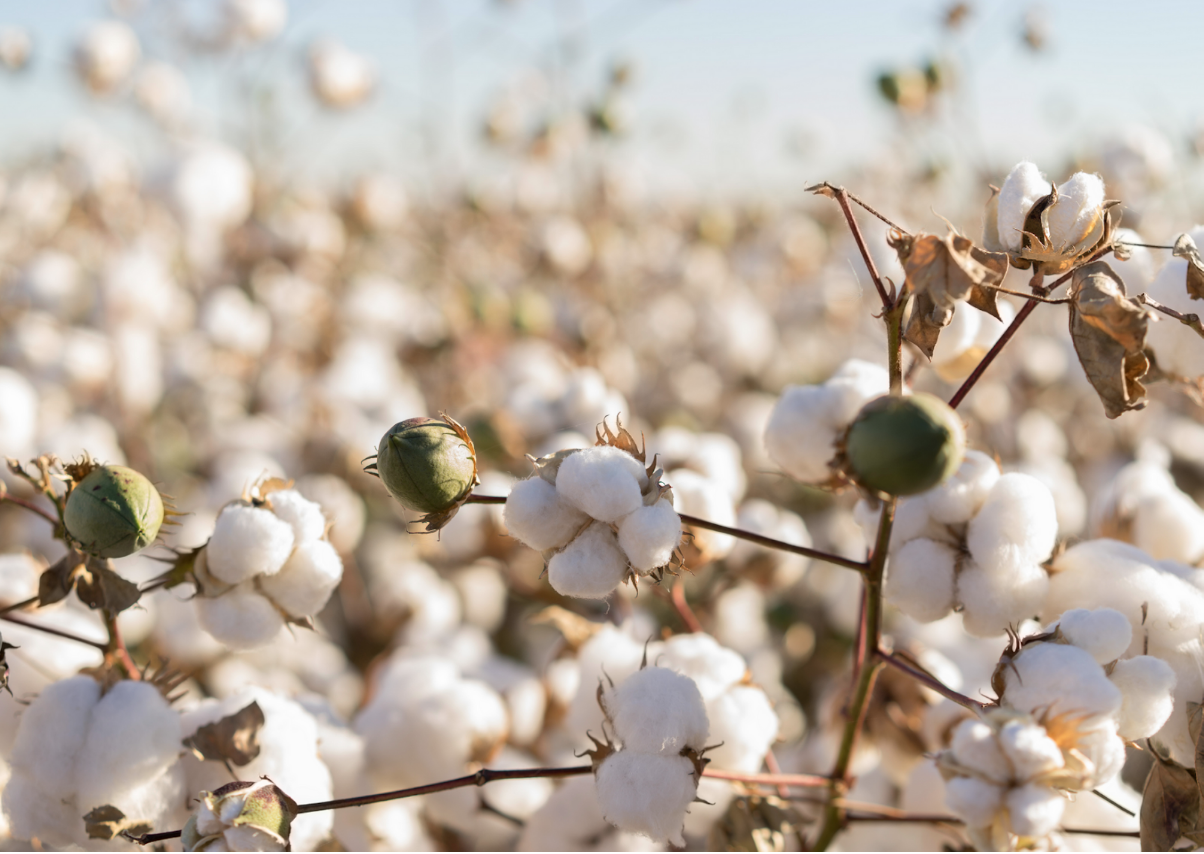

Sustainability
Did you know that it takes 2,700 litres of water to produce the cotton needed for just one t-shirt? In comparison, organic cotton only uses 243 litres of water to make one t-shirt! Conventional cotton is a very thirsty crop - it accounts for 69% of the global textile fibre production’s footprint.
Why Does Organic Cotton Use Less Water?
It is mainly due to the health of the soil. Organic growing systems are better for the soil as they maintain a higher soil quality, which reduces the run off into local rivers. The soil is also much more resilient and can withstand extreme weather. Healthy soil acts like a sponge - it can absorb and retain water for longer periods, including droughts. This is good because it means that Organic Cotton needs to be watered less!
The Impact On Local Water Reserves
Farmers of organic cotton tend to rely on rain to water the crops, rather than extracting water from local reserves, lakes and rivers. This is better for the communities and to protect bodies of water - the Aral sea has partially disappeared due to drainage for irrigation.


Reducing Water Pollution
Organic Cotton causes significantly less water pollution due to not using pesticides, insecticides and herbicides. These chemicals frequently run off into community water sources like rivers, where they can stay in the water for years. Farms and factories must dilute the chemical-containing water to make it safe, but it still remains a problem and can bioaccumulate in living organisms.
Plus, The Processes Uses Less Greenhouse Gases!
Organic Cotton is responsible for 46% less greenhouse gases than conventional cotton. This is due to organic cotton not using intensive farming practises or nitrous-oxide releasing fertilisers. Less than 1% of the cotton produced globally is organic - so there’s a lot of room for improvement! It’s not 100% perfect (it still requires natural resources to grow), but organic cotton is definitely a big improvement on non-organic methods.
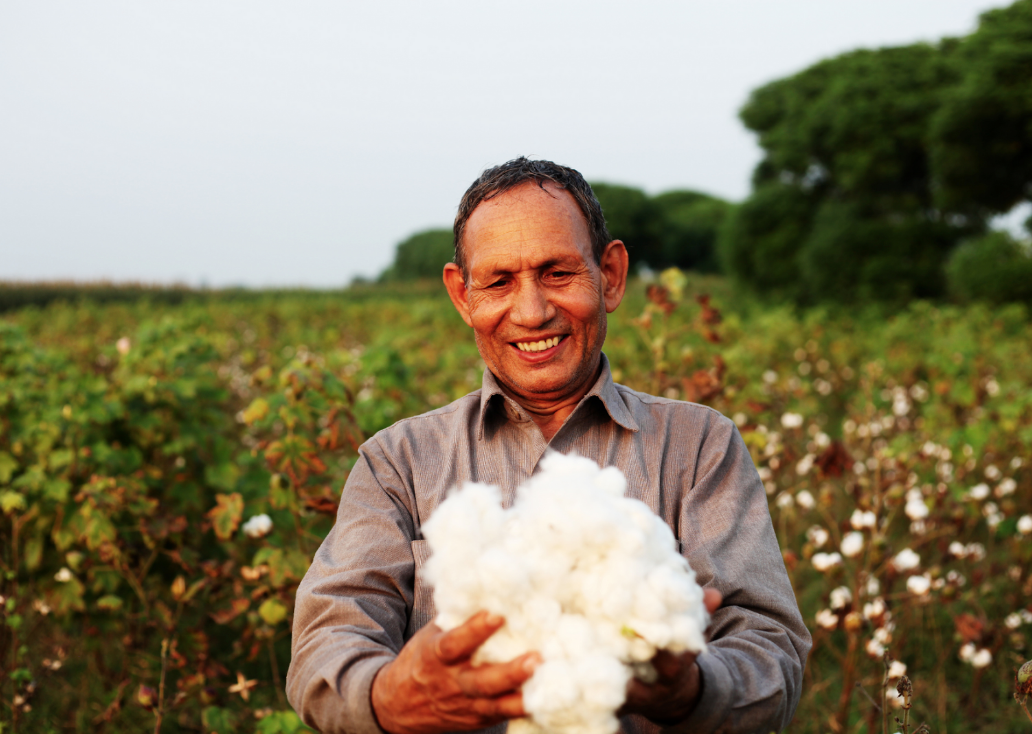

Less than 1% of the cotton produced globally is organic - so there’s a lot of room for improvement! It’s not 100% perfect (it still requires natural resources to grow), but organic cotton is definitely a big improvement on non-organic methods.
Our Favourite Organic Cotton Brand
We love fellow Oxford-based brand Y.O.U Underwear’s commitment to saving water and sustainability! Last year, Y.O.U Underwear managed to save 414,946 litres of water by using organic, rather than conventional cotton. This is as much water as an average person living in the UK would consume in 7 years and 6 months (based on figures provided by the Textile Exchange).
Y.O.U underwear makes soft, stylish, organic cotton underwear for men and women and girls that lets you look good, feel good and do good. Their mission is to improve access to education for women and girls by donating underwear. They have a buy-one-give-two promise in partnership with Smalls for All, a Scottish charity that collects and distributes underwear to vulnerable women and children in Africa and the UK.
All of their underwear is Fairtrade, PETA-approved vegan and made from 100% GOTS Certified Organic Cotton, and they work with one of India’s leading ethical and sustainable manufacturers.
You can shop sustainable, stylish and super comfy underwear for men, women and girls at youunderwear.com
Related Articles
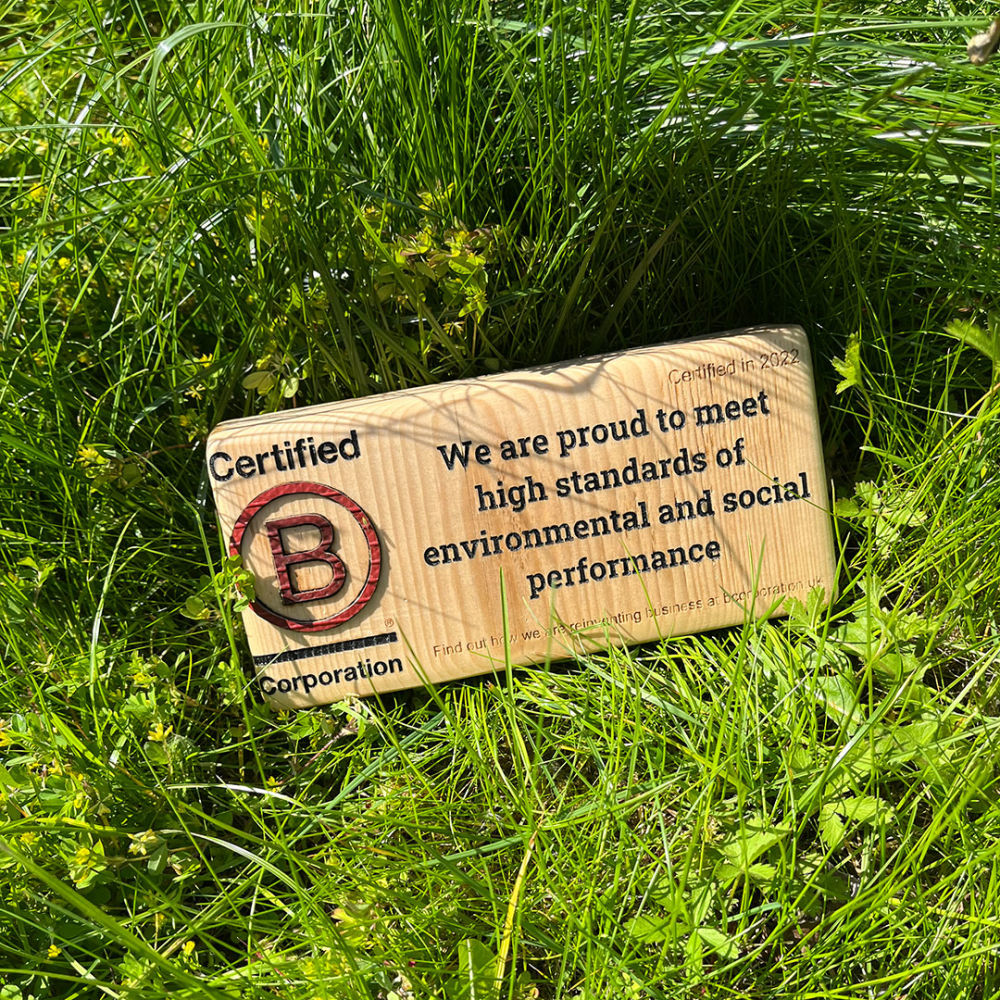

B Corp™ certified.


Surpassing NHS-grade disinfection.






